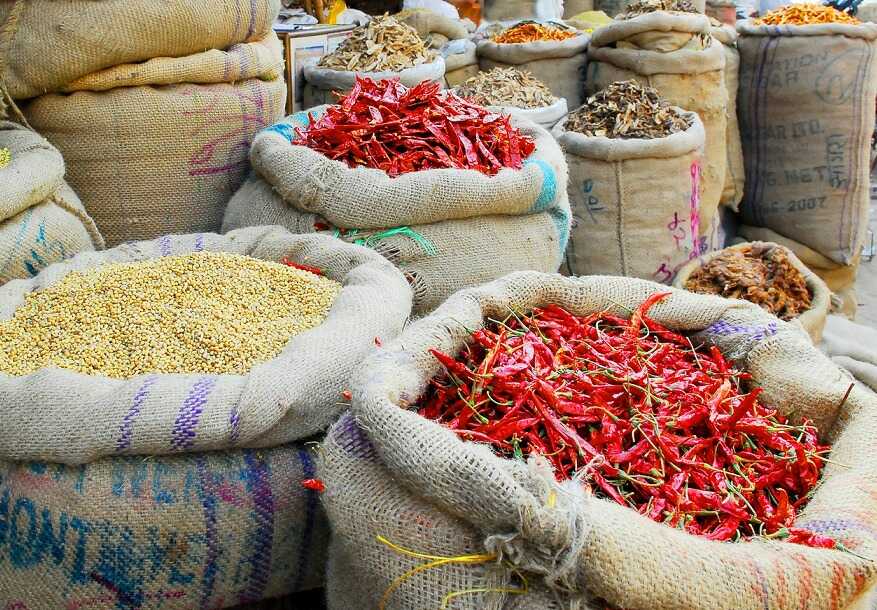The challenge of reducing food loss and waste during COVID-19
This year we celebrate the first-ever observance of the International Day of Awareness of Food Loss and Waste. It also comes during the global COVID-19 pandemic, that has brought about a global wake-up on the need to transform and rebalance the way our food is produced and consumed.
The COVID-19 pandemic continues generating significant challenges to food security in many countries. Disruptions in supply chains, quarantine measures, the closure of much of the hospitality industry and schools… All these measures have resulted in a loss of markets for producers and distributors, making the situation even more challenging while dealing with high levels of food waste.
At the downstream end of the supply chain, with panic buying and stockpiling by consumers, supermarkets, which are often key donors to food banks, struggled to keep their shelves stocked and are unable to donate food. Meanwhile, much of the food purchased by households was discarded as food waste, because of a misunderstanding of date marking and improper storage of these household food items.
We need to be aware of the importance of the issue of food loss and waste now more than ever in order to promote and implement our global efforts towards resolving it. That is why, in 2019, the 74th United Nations General Assembly designated 29 September as the International Day of Awareness of Food Loss and Waste, recognizing the fundamental role that sustainable food production plays in promoting food security and nutrition. Doubtless, this new International Day faces a lot of challenges to achieve our goals of “Responsible consumption and production”, which will contribute to the fight for Zero Hunger and against Climate Change.

Stop food loss and waste. For the people. For the planet.
Reducing food losses and waste is essential in a world where the number of people affected by hunger has been slowly on the rise since 2014, and tons and tons of edible food are lost and/or wasted every day.
When food is loss or wasted, all the resources that were used to produce this food -, including water, land, energy, labour and capital – go to waste. In addition, the disposal of food loss and waste in landfills, leads to greenhouse gas emissions, contributing to climate change.
That is the reason why this first theme for the new Observance will be “Stop food loss and waste. For the people. For the planet.”
Actions are required globally and locally to maximize the use of the food we produce. The introduction of technologies, innovative solutions (including e-commerce platforms for marketing, retractable mobile food processing systems), new ways of working and good practices to manage food quality and reduce food loss and waste are key to implementing this transformative change.
Reducing food loss and waste requires the attention and actions of all, from food producers to food supply chain stakeholders, to food industries, retailers and consumers.

